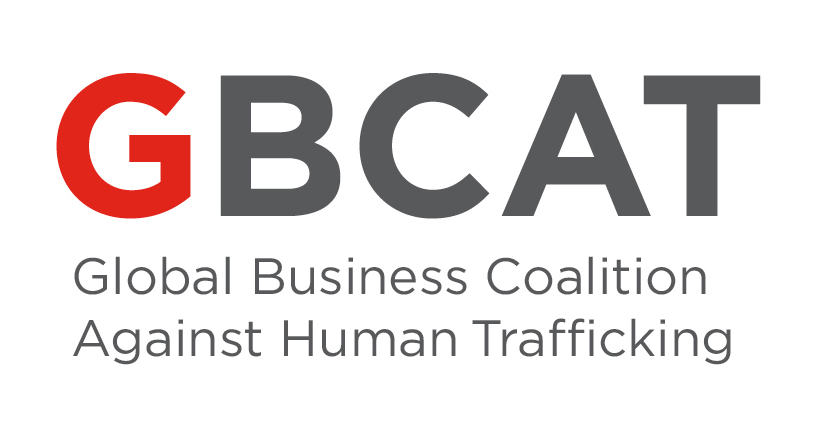Child labor is on the rise, the landscape of online-facilitated trafficking is evolving rapidly, and new regulations are creating heightened attention on forced labor in global supply chains. In this shifting context, access to accurate, real-time information and data, and the deployment of effective technology tools are more critical than ever before to prevent, disrupt and mitigate modern slavery.
The Tech Against Trafficking summit will gather business leaders, anti-slavery experts, policymakers, governments, academia, technologists, and individuals with lived experience to discuss how to harness the power of technology to address modern slavery in its different forms—including forced labor in supply chains, human trafficking, and forced criminality facilitated through online platforms.
The summit will be the most interactive edition to date with two days of trainings, workshops and hands-on sessions to accelerate multi-stakeholder learnings and solutions, including on:
Applying data standards and investing in technology for risk mitigation in global supply chains
Identifying trends in online-facilitated trafficking and sharing signals across platforms
Addressing emerging applications of AI for crime disruption
Providing access to safe and sustainable employment opportunities for survivors of human trafficking


